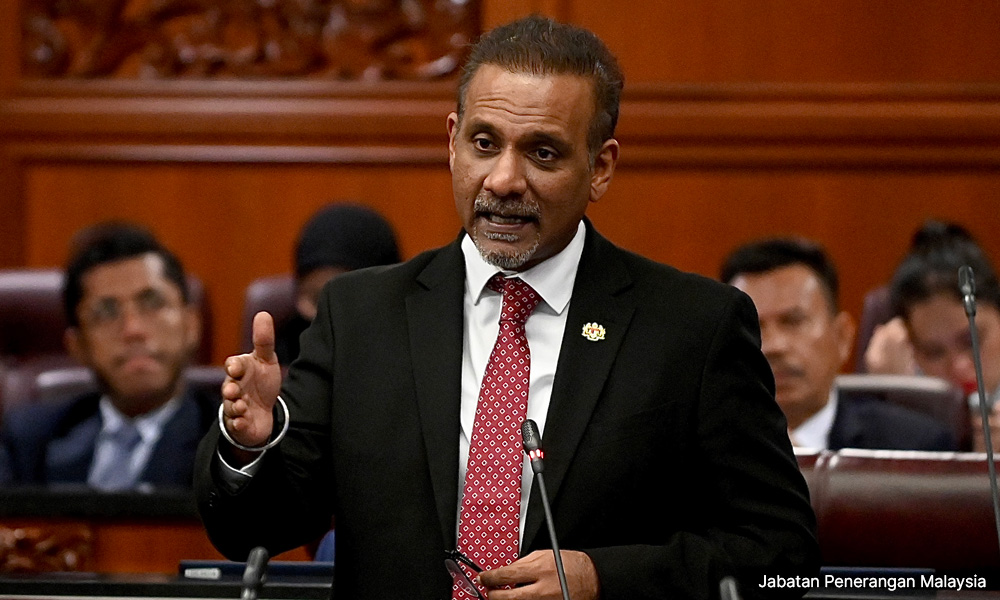Suhakam today welcomed the decision to abolish the mandatory death penalty for 11 offences.
“We believe that the elimination of the mandatory death penalty is a positive step towards the ratification of the United Nations Convention Against Torture and Other Cruel, Inhuman, or Degrading Treatment or Punishment (UNCAT),” said chairperson Rahmat Mohamad in a statement.
The commission said efforts to advocate for the removal of the mandatory death penalty have been in line with Article 5 of the Federal Constitution.
Article 5 on the right to life and liberty refers to the protection of life, under which no person may be deprived of life or personal liberty except in accordance with the law.
Suhakam also highlighted the role of past and current commissioners who were part of the Special Committee to Review Alternative Sentences to the Mandatory Death Penalty that provided input to the bill.
In Parliament yesterday, Deputy Minister in the Prime Minister’s Department (Law and Institutional Reform) Ramkarpal Singh said that data indicates there is no recidivism rate for criminals who were let off the death sentence.

Recidivism refers to the tendency of convicted criminals to repeat their past crimes.
The recidivism rate is evaluated based on criminal conduct that leads to re-arrest, re-conviction, or return to prison within three years after the individual’s release.
Ramkarpal also said there has been no research that proves the efficacy of the death sentence in preventing crimes.
He stressed that the abolition of the mandatory death penalty does not mean capital punishment does not exist in Malaysia anymore.
Instead, this will vest judges with the discretion to mete out appropriate sentences proportional to the crime that was committed, including the death sentence if deemed necessary.
Alternative sentences include 30 to 40 years of imprisonment and whipping.
Malaysia introduced a moratorium on the death penalty in 2018. - Mkini




No comments:
Post a Comment
Note: Only a member of this blog may post a comment.